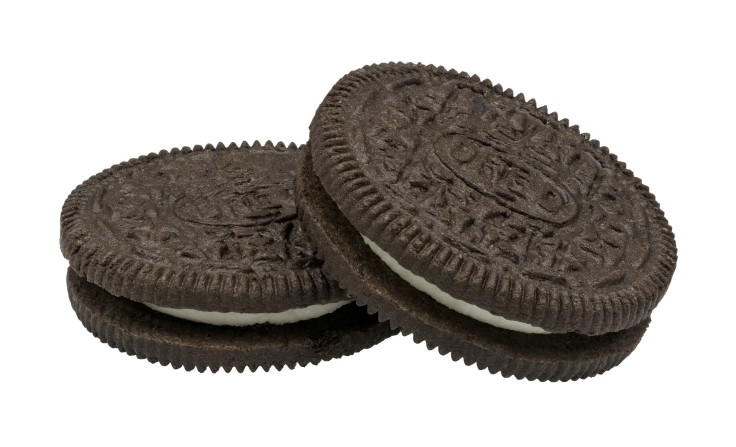3 Ingredients To Avoid Even On National Junk Food Day

Break out the Oreos and milk, because today is National Junk Food Day. Every year on July 21, people use this holiday with questionable origins as an excuse to eat their favorite snacks. Junk food can and actually should be a part of a healthy diet as eliminating them completely may trigger binges and foster a negative relationship with food.
Read: Are You Burned Out On Running? Here's How To Fight Fatigue, Boredom, And Maintain Your Love Of The Sport
Instead, many dieticians recommend saving your Twinkie fix as a special treat - this may help you avoid guilt, and establish healthy long-term habits, explains Sarah Romotsky, registered dietitian and senior director of nutrition communications at the International Food Information Council Foundation. However, there are some items that might be best uneaten—even on National Junk Food Day. Be sure to check labels and limit purchases with these three ingredients on your next trip down the snack food aisle.
Trans Fat
If there is just one thing you never eat, let it be this controversial ingredient that will soon be banned from all foods completely. In 2015, the Food and Drug Administration gave manufacturers three years to reformulate products without trans fat. “There is no one in his right mind who could claim that trans fats are generally regarded as safe,” said Walter Willett, chair of the department of nutrition at Harvard University’s school of public health, in the Washington Post. “This was really the biggest food processing disaster ever. The human toll has got to be in the millions.” Derived from partially hydrogenated oils, products that contain less than 0.5 grams of trans fats per serving can be labeled trans-fat free.
BHA (butylated hydroxyanisole) and BHT (butylated hydroxytoluene)
Found in everything from cereal to sausages, these two commonly used preservatives prevent oils in food from becoming rancid. According to Berkeley University, the National Toxicology Program, formed from several American government agencies, have concluded that it “is reasonably anticipated to be a human carcinogen” from studies in animals. The consumer group Center for Science in the Public Interest lists BHA as an additive to avoid and recommends that BHT is consumed with caution. Both are considered safe by the FDA.
Artificial Sweeteners
A lot of ink has been shed over whether artificial sweeteners are dangerous, but they remain a mainstay in American diets. The University of Pittsburgh Schools of the Health Sciences estimates that the average person eats about 125 pounds of sugar substitutes each year. Lindsey Carter, Registered Dietitian Nutritionist and founder of Back 2 Basic Nutrition, doesn’t typically talk ingredients with clients, but strongly advises staying away from fake sugars. “My top avoid list at the moment would be artificial sweeteners as recent studies suggest they can lead to increased hunger and possibly increased weight gain, type 2 diabetes, hypertension, stroke and heart disease,” she says.
Of course, eating these foods on occasion won’t kill you. So, how much is considered too often? “It depends,” says Kris Sollid, registered dietitian at the International Food Communications Council. “Not everyone has room in their diet for these extra calories. Very active people, for example, can afford to eat these foods more often than less active people.”
As long as that giant bag of Doritos doesn’t make it in your cart every few days, you’re likely OK.
See Also:
Drinking Sugary Beverages With Protein-Rich Meals May Hinder Your Diet
Move Over Taste Buds, Muscles Can Taste Sugar Too, Says Study



























